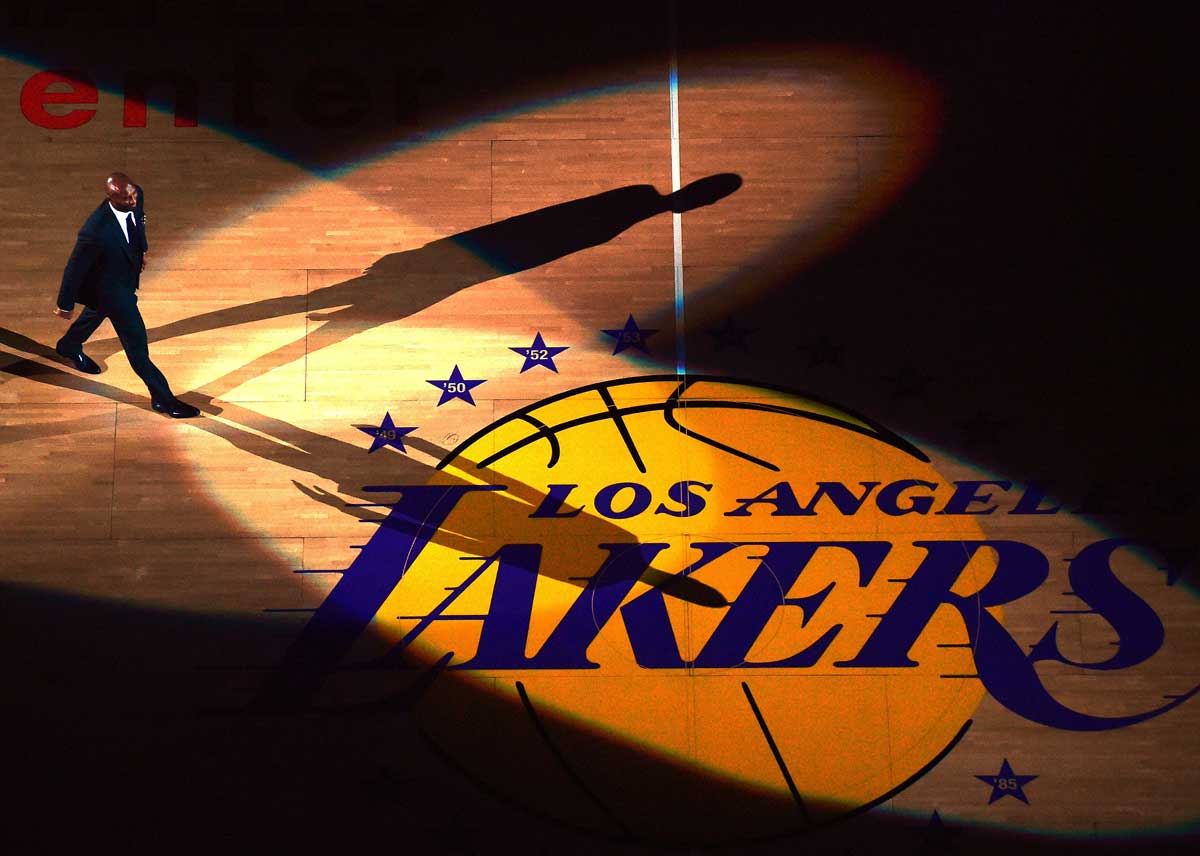In gourmet dining, kobe signifies steak of the rarest, most prized quality. It is coveted and admired.
In nature, the Black Mamba snake is renowned for its blazing speed and ferocious aggression.
In pop culture, Star Wars guru Obi-Wan Kenobi is a wise mentor who uses otherworldly instincts to guide his proteges and outwit the opposition.
Put those together and you have a colorfully composite picture of basketball great, Kobe Bryant.
When the 41-year-old Los Angeles Laker legend was killed, along with his daughter Gianna and seven others, in a horrific helicopter crash in California in January, the shock reverberated throughout the world. He was called “a true global superstar” by Reuters.
R-E-S-P-E-C-T
I completely understand the over-arching adoration and respect that Kobe Bryant commanded in life, and now in death.
I was always a basketball guy. I played it in high school, and as a freshman at Syracuse University. I still follow it rabidly. I’ve enjoyed season seats at Miami Heat games for decades. I’ve even stood center court at American Airlines Arena, the Heat’s home court, to be recognized on a milestone birthday and presented with a jersey whose number was the age I had just turned, for everyone in the arena to see.
That doesn’t fully explain, though, why I have utmost, and undying, regard for who Kobe Bryant (still) is, what he accomplished, how he did it, and the important lessons he leaves us.
I admired him as an inspirational force for young people, which is a primary passion of mine as an advocate of mutual mentoring (my motto is “I teach them business, they teach me life”). I admired him as someone who knew what he wanted and pulled out all the stops to go out and get it, making major sacrifices along the way. As someone who built several businesses, and willed my way to success my own way, I can relate to that unwavering work ethic, and the results it brings to those willing to do what others are not.
WHO IS KOBE BRYANT?
He simply is, as one description says, “one of the most intelligent, analytical and creative basketball players ever.”[1] As an 18-year-old, he was drafted by the NBA directly out of high school. From the get-go, he exuded discipline, commitment, confidence, trust, loyalty, and a maturity way beyond his years.
He even set his sights at that tender age of one day being compared to the one and only Michael Jordan.
Kobe himself said, “The competitive side of me feels we can win every game we play. What I’ve learned is to always keep going. Learn to love the process.”
WHAT HE ACCOMPLISHED
It would take much more space than I have here to list Kobe Bryant’s storied achievements. On his watch, the Lakers won three straight NBA titles, five in all, and he was named MVP twice in the finals.
He once scored an astounding 81 points in a single game (more than entire college teams score in one game), the second-best single-game scoring performance in NBA history.
In his final NBA game, considerably after his prime had passed, he put an exclamation point on his Hall-of-Fame career by scoring 60 points.
After retiring from basketball, he re-invented himself as an entrepreneur, where he also found notable success and more honors, notably an Oscar for a documentary he produced. He became a model father who fought to give female athletes, like his daughters, the same respect and opportunities as men.
HOW HE DID IT
“He worked harder than anyone I ever played with,” said Pau Gasol. “Kobe knew to be the best, you needed a different approach from everyone else.” [2]
I couldn’t agree more. I was regarded in my industry as a maverick for not following conventional wisdom. I too had a different approach, and I’d do it the same way again. If you want to be like everybody else, you’ll blend into the faceless crowd. In his 20-year career, Kobe elevated himself above everyone else, and not just when making an emphatic slam dunk, but every minute of every game.
Kobe stories are plentiful—and legendary—about his obsession with perfecting every part of his game. After a game against the Miami Heat that left Kobe frustrated with his performance, he went back to the arena at 2 AM to practice certain shots. When Dwyane Wade of the Heat got wind of it, he too showed up in the middle of the night. Kobe never stopped making himself better, which forced others to literally step up their game.
In Kobe’s words, “If you do the work, dreams come true. Get up early and work hard. Stay up late and work hard. If you’re too tired, push yourself, do it anyway. I wanted to be one of the best. Anything outside that lane, I didn’t have time for.”[3]
LESSONS HE LEFT US
As Kobe’s improbable Oscar amply demonstrates, there’s always more worlds to explore and conquer when you move on from your original career. He reminds us that reinvention is never out of date, and never beyond your willingness to learn new skills, to enjoy new experiences, and to find new fulfillment.
In memorializing him, a friend of the Bryant family said, “He loved inspiring the youth and giving back. When it comes to his legacy, that should be right at the top..”[4]
Here’s what they meant, “As you get older, you understand it’s about the next generation. All you can do is pay everything forward. That’s how you create something that lasts forever.” He also reminded us that “As parents, we have to lead by example.”
Forever, like a Kobe Bryant-size legacy. As LeBron James put it, “From the words of Kobe, ‘Mamba out.’ From our words, ‘Not forgotten.’ Live on, brother.”[5]
[1] https://www.amazon.com/dp/B07DC3WRKT/ref=dp-kindle-redirect?_encoding=UTF8&btkr=1
[2]Bryant, Kobe, et al. The Mamba Mentality: How I Play. MCD, Farrar, Strauss, and Giroux, 2018.
[3] Jan. 31 pregame ceremony at Staples Center in L.A. titled “Remembering Kobe,” with voice recordings of him
[4] People Magazine, p. 49, Feb. 10, 2020 issue, “A Tragic Death, A Lasting Legacy.”
[5] Jan. 31 pregame ceremony at Staples Center in L.A. titled “Remembering Kobe,” with voice recordings of him and remarks by LeBron James

